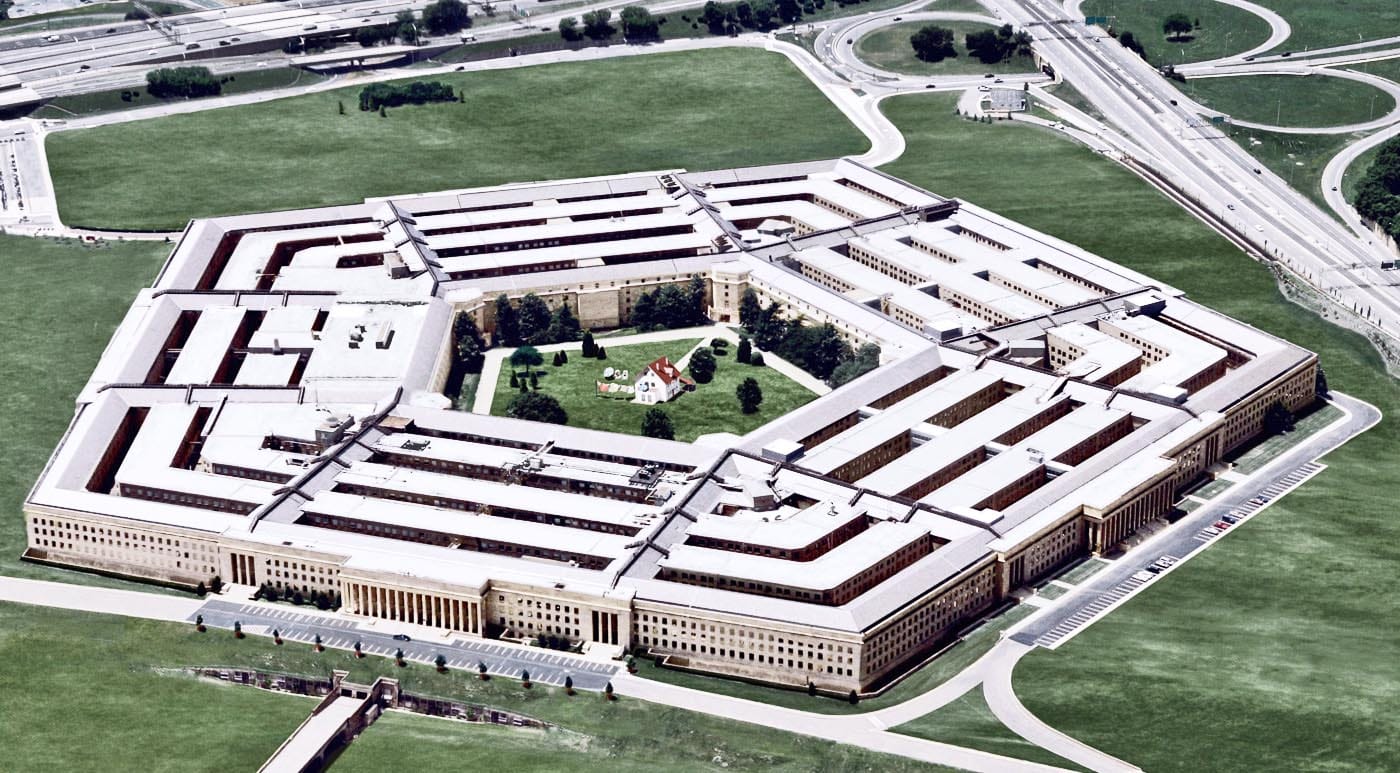The annual defense authorization bill, a critical piece of legislation that sets funding levels and policy for the Department of Defense, is facing a potential roadblock over a contentious provision related to transgender military personnel. The provision, which would bar the Pentagon from funding gender transition surgeries, has sparked intense debate among lawmakers and advocacy groups.
The defense bill, which typically enjoys broad bipartisan support, has been stalled in the Senate due to disagreements over several policy provisions, including the transgender issue. The House of Representatives passed its version of the bill in July, but the Senate has yet to take up the measure.
At the center of the controversy is a provision that would prohibit the Pentagon from using funds to pay for gender transition surgeries for military personnel. The provision, which was included in the House version of the bill, is opposed by many Democrats and LGBTQ advocacy groups, who argue that it discriminates against transgender service members.
Supporters of the provision, including some Republican lawmakers, argue that it is necessary to ensure that the military’s medical resources are focused on treating combat-related injuries rather than elective procedures like gender transition surgeries. However, opponents counter that the provision would unfairly target a small group of service members who are already subject to strict medical standards.
The debate over the provision has highlighted the ongoing challenges faced by transgender military personnel. In 2017, the Trump administration announced a ban on transgender individuals serving in the military, citing concerns about military readiness and unit cohesion. However, the ban was later blocked by a federal court, and the Pentagon has since implemented a policy allowing transgender personnel to serve openly.
The American Military Partner Association (AMPA), a non-profit organization that advocates for LGBTQ military families, has expressed strong opposition to the provision. “This provision is a clear attempt to undermine the dignity and service of transgender troops, who have proven themselves to be brave and capable warriors,” said AMPA President Ashley Broadway-Mack.
Other advocacy groups, including the Human Rights Campaign and the National Center for Transgender Equality, have also condemned the provision. “This provision is a discriminatory attack on transgender service members, who are simply seeking to serve their country with dignity and respect,” said HRC President Alphonso David.
Lawmakers on both sides of the aisle have weighed in on the issue. Rep. Vicky Hartzler (R-MO), who sponsored the provision in the House, argued that it is necessary to ensure that the military’s medical resources are focused on treating combat-related injuries. “We need to prioritize the health and well-being of our troops, and that means focusing on the medical needs that are most critical to their mission,” she said.
However, Rep. Jackie Speier (D-CA), a strong supporter of LGBTQ rights, argued that the provision is discriminatory and would harm transgender service members. “This provision is a slap in the face to the brave men and women who are serving our country with honor and distinction,” she said.
The fate of the provision remains uncertain, as lawmakers continue to negotiate the final version of the defense bill. While some lawmakers have expressed optimism that a compromise can be reached, others have warned that the provision could become a major sticking point in the negotiations.
As the debate over the provision continues, many are watching to see how the issue will be resolved. The outcome could have significant implications for transgender military personnel, who have faced years of uncertainty and discrimination.
In recent years, the military has taken steps to become more inclusive of LGBTQ personnel. In 2010, Congress repealed the “Don’t Ask, Don’t Tell” policy, which had prohibited LGBTQ individuals from serving openly in the military. Since then, the Pentagon has implemented policies allowing LGBTQ personnel to serve openly, and has taken steps to promote diversity and inclusion within the ranks.
However, the debate over the provision highlights the ongoing challenges faced by LGBTQ military personnel. Many LGBTQ service members continue to face discrimination and harassment, and some have reported feeling isolated and unsupported within the military.
As the defense bill continues to move through Congress, many are hopeful that lawmakers will find a way to resolve the issue in a way that promotes inclusivity and respect for all service members. However, the outcome remains uncertain, and the debate over the provision is likely to continue in the coming weeks.



